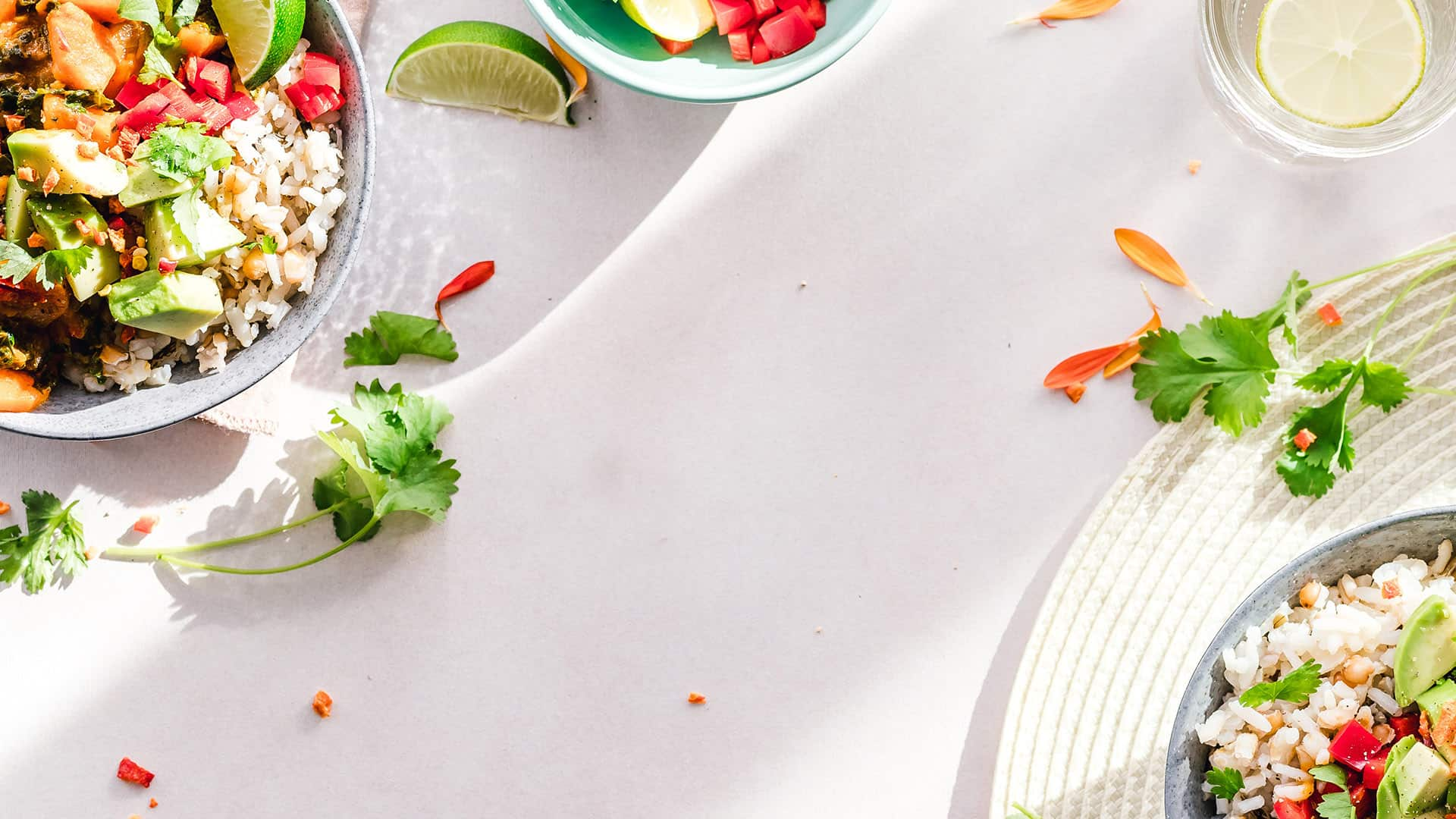

Less food waste does make a difference, WUR researcher suggests
Did you know that 1kg out of every 3kg of food in the world is wasted? Hence, "preventing food waste is equally important for the climate as reducing the consumption of meat", according to Toine Timmermans, Program Manager of Sustainable Food Chains at Wageningen University & Research, a collaboration between Wageningen University and the Wageningen Research foundation.
Timmermans’ eye was drawn to a remarkable quote on reducing food waste in a press release from the Dutch Academy of Food Sciences. The quote read, ‘The environmental benefits are limited, but there are no drawbacks either.’ The press release claimed that reducing the consumption of meat would, indeed, make a difference. The article quoted Vrije Universiteit Amsterdam Professor of Nutrition for a Healthy Life, Ingeborg Brouwer, as saying this during a public lecture entitled Healthy Food for a Healthy Planet.
"Eating less meat certainly benefits the environment. However, Professor Brouwer suggests that reducing food waste hardly makes a difference. I hear this more often, but it is not true," continued Timmermans. Global data show both reduced food waste and reduced meat consumption offer impactful contributions.
So, how much do we waste? The FAO (the United Nations Food and Agriculture Organisation) estimated in 2019 that 14% of the food is lost even before reaching the (super)market. This percentage is slightly higher for fruits and vegetables and slightly lower for animal products. "The environmental impact of animal products is, however, much higher, as animals require land to graze and the remainder of their feed is cultivated," Timmermans continued.
Food is not just wasted on its way to the consumers; there is also considerable food waste once the food reaches the consumer. Households, restaurants and shops waste no less than 17%. This amounts to 74kg per person per year, regardless of the country’s level of wealth. All in all, the FAO estimates that on a global scale, 33% of all food is wasted. The WWF (World Wildlife Fund) even calculated 40% in 2021.
If the environmental benefits of less food waste are small, as Brouwers suggested, the wasting of this amount of food would barely impact the environment. "And precisely that is the issue," noted Timmermans. "According to the 2020 IPCC climate report, food systems are responsible for one-third of the world’s greenhouse gas emissions. The IPCC estimates that zero waste would lead to a reduction in emissions of between 8-10%. Each kilogram of food that is not wasted benefits the environment 100%."
Still, reducing meat consumption is frequently seen as the key solution, says Timmermans. Eating more plant-based food requires less land, prevents deforestation and reduces greenhouse gas emissions. Timmermans: ‘A lot of attention is focused on this solution, but it is only part of the whole story. Reducing food waste contributes in equal part. Because every kilogramme of food that is not wasted does not need to be produced, thus saving resources and land. This is less well known.’
If half the world population were to choose a more plant-based diet (80%) and fewer animal products (20%), 78.3Gt CO2 units would be saved. A similar calculation can be made for food waste, in addition to a more plant-based diet. Should we succeed in slashing global food waste in half, this would save 88.5Gt CO2 units. "Simply saying we should eat less meat is too one-sided," according to Timmermans. "Dozens of different solutions are needed, and the two main solutions are: eat more plant-based food, and prevent food waste."
Food waste is to be reduced by half in 2030 according to one of the United Nations’ Sustainable Development Goals (SDGs). Across the globe, countries work to reduce losses during the harvest, transportation and processing of food products and to raise awareness among consumers on their individual responsibility in combating food waste. In the Netherlands, the supermarket sector reduced its losses from 1.7-1.6% between 2018 and 2020. Food waste by consumers has dropped 29% since 2013. "Actions are being taken, but there is much room for improvement," Timmermans concluded. "During the Food Waste-Free Week, taking place 12-18 September, we aim to have all of the Netherlands buy, cook and store their food waste-free. A simple act for a better climate."
If you have any questions or would like to get in touch with us, please email
info@futureofproteinproduction.com






